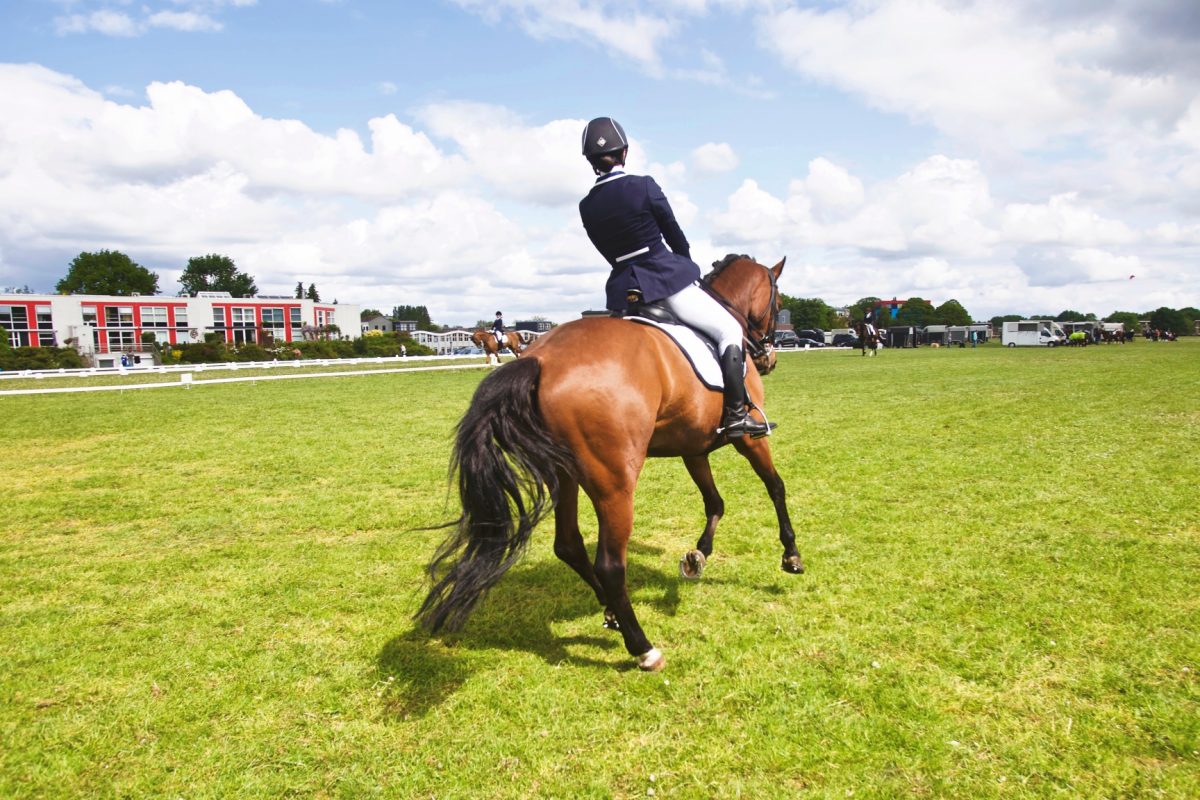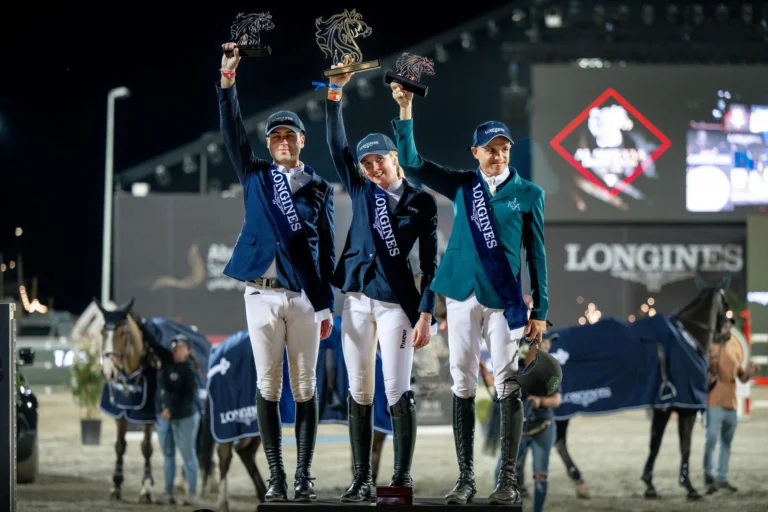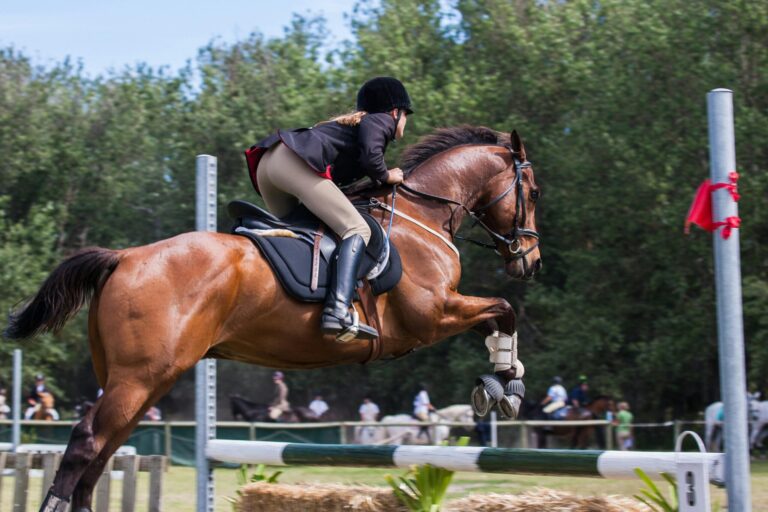Not suitable as a dressage horse because of an OCD or a problem in the underside of the foot?
The client of Schelstraete – who is a hobbyist– was searching for a horse suitable for the dressage sport, in the age of 3 till 5 years, three good gaits, backed and reliable. A Dutch trader – a professional – offered her such a horse and in September 2016 she bought this horse for an amount of EUR 15.00,00.
After a short time the horse was lame. A renown veterinarian examined and treated the horse extensively. The horse was first suspected to be lame because of a problem in the underside of the foot. But after treatment the horse was still lame. Reason for the cliënt to further examine the horse. This showed the horse was afflicted with an OCD in the neck and chest area as a result of which the horse was not suitable for the dressage sport. The client informed the Dutch Trader that she wanted to annul the sale and purchase agreement because of this reason.
Interlocutory judgment
The Court in Gelderland, location Apeldoorn, considered in a interlocutory judgement of 1 June 2018 that it was likely that the horse suffered from the OCD within six months after the sale and purchase and therefore was not suitable for the dressage sport. The judge applied the legal presumption of Article 7:18 sub 2 DCC).
The seller disputed that the horse was suffering from an OCD and therefore is not suitable for the dressage sport so the judge asked for the opinion of an expert. The expert needed to examine if the horse actually was suffering from an OCD, since when and if the horse was as a result of that at the moment of the delivery unsuitable for the dressage sport.
Expert opinion
Following the expert opinion the horse was surprisingly not lame as a result of the OCD at the moment of the examination. The horse was at the moment of examination not unsuitable for the dressage sport as a result of the OCD but the lameness is a result of a problem in the underside of the foot. Following the expert there were no suggestions that the horse was suffering from an OCD at the moment of the delivery.
A surprising twist.
Following this Schelstraete claimed on behalf of the client that it does not matter if the horse is lame and unsuitable for dressage as a result of the OCD or a problem in the underside of the foot. With a consumer sale and purchase it is not up to the consumer to prove what the cause of the problem is.
The Dutch trader claimed that the client of Schelstraete did not complain timely about the lameness as a result of a problem in de underside of the foot. The client only complaint about the OCD.
The Court agreed with Schelstraete: de cause of the lameness and the unsuitability of the horse as a dressage horse is not to be proved by the consumer. Therefore the consumer does not have to complain about the problem.
Further proces
De Court agreed that the client of Schelstraete legally annulled the sale and purchase agreement. The Dutch Trader must pay the purchase price back and to take the horse back.
The client of Schelstraete also claimed damages but the parties have not responded substantive to this claim. The Court gave the parties the possibility to do this.


